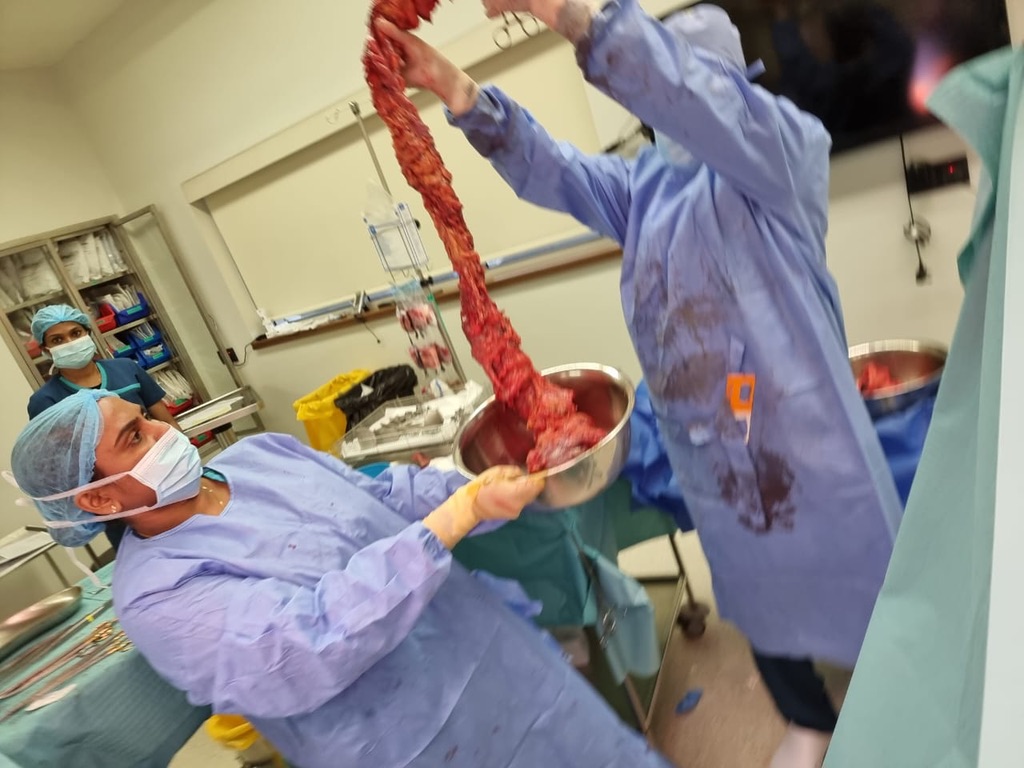Colorectal Surgery
Colorectal Surgery Dubai, UAE
What is Colorectal Surgery?
Colorectal surgery is a broad term used to describe different surgical procedures to treat the problems of the lower gut. The surgery is used to treat colon, anus, and rectum diseases. The surgery can be performed in both adults and children. It can be used to treat conditions like piles, haemorrhoids, anal fistula, colon and rectal cancer, injuries to the anus, congenital disabilities, Crohn’s disease, severe constipation conditions and more. Some of the standard surgical procedures involved in colorectal surgery include colectomy, hemorrhoidectomy, laparoscopic surgery, anoplasty, bowel resection surgery, and more. The recovery time after colorectal surgery depends significantly on the type of surgical procedure performed.

Care After the Surgery
Depending on the type of surgery, patients may need to stay in the hospital for one or two days. The recovery time for colorectal surgery is approximately six to eight weeks, though it may be longer in some cases. The doctor will provide a post-operative care package to ensure minimal complications and faster recovery. The doctor may also ask to come back on the fifth or seventh day to monitor the progress. Apart from this, other post-operative care includes:
1. Avoid indulging in strenuous physical activities for four to six weeks,
2. Take proper rest,
3. Take all the medications in a timely manner as prescribed by the doctor,
4. Try to walk after the surgery,
5. Don’t drive for a few weeks.
.

